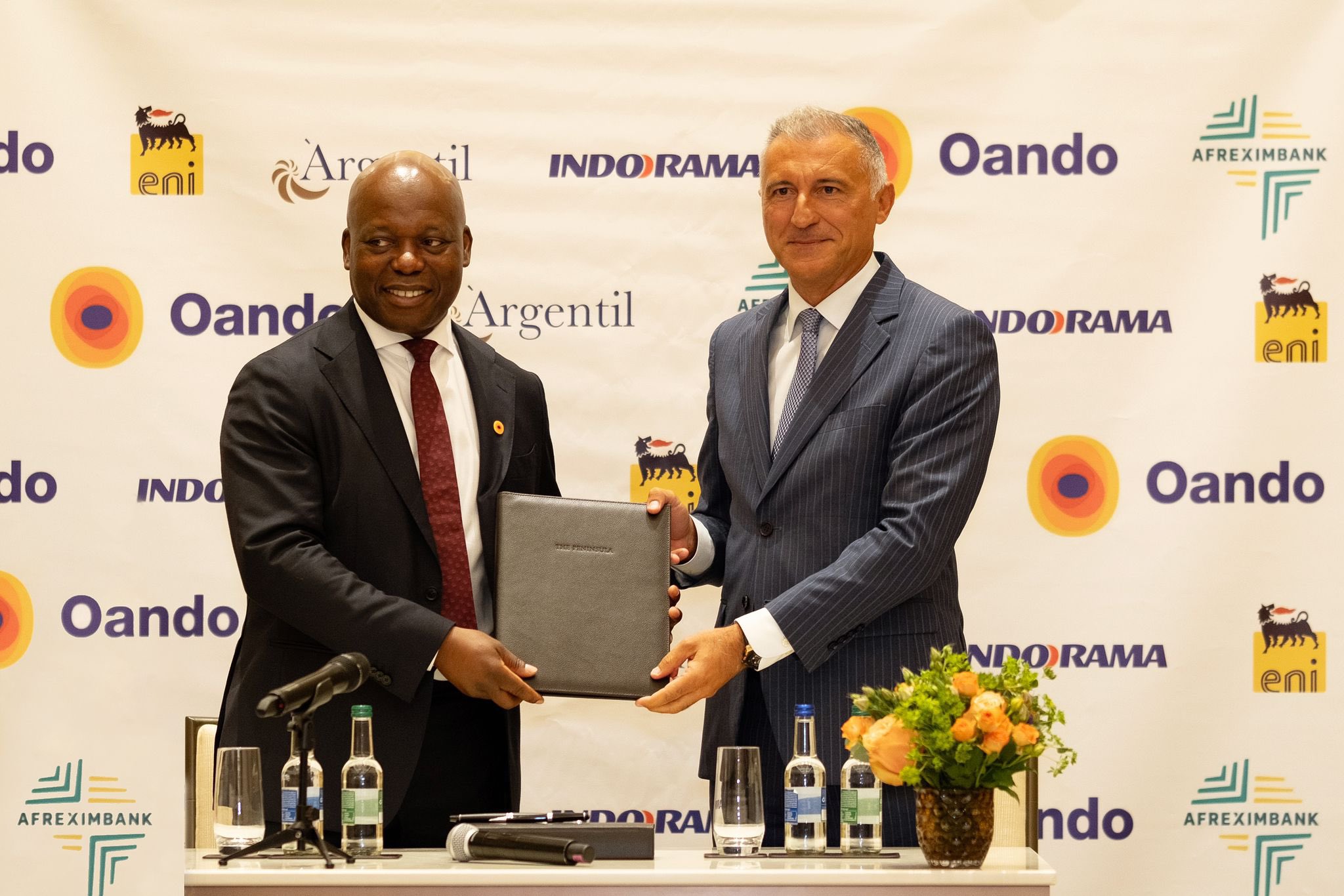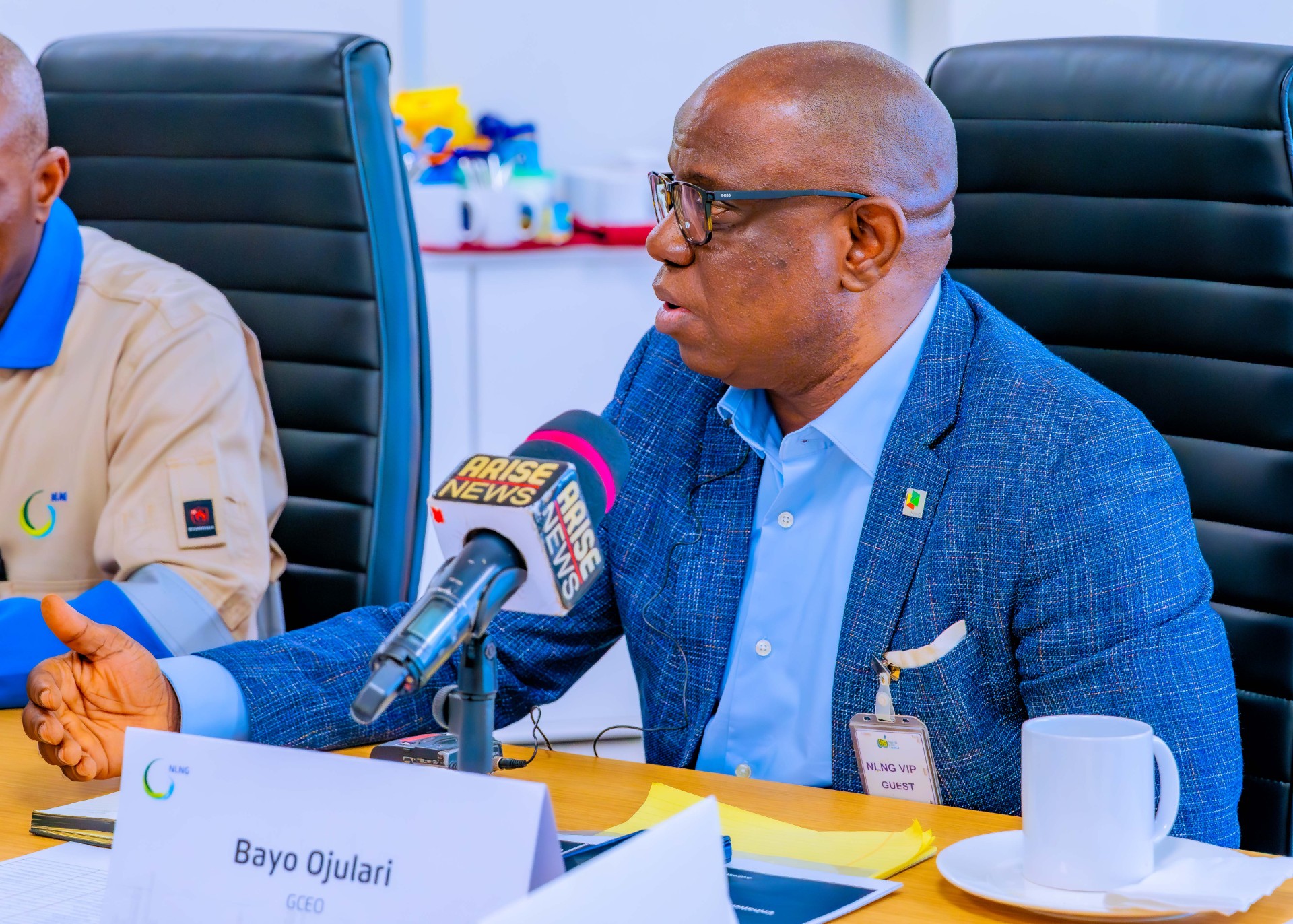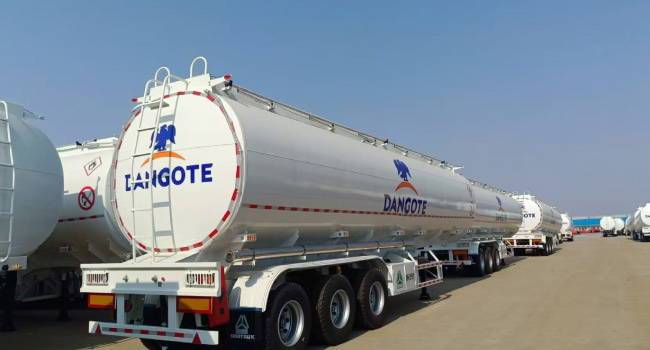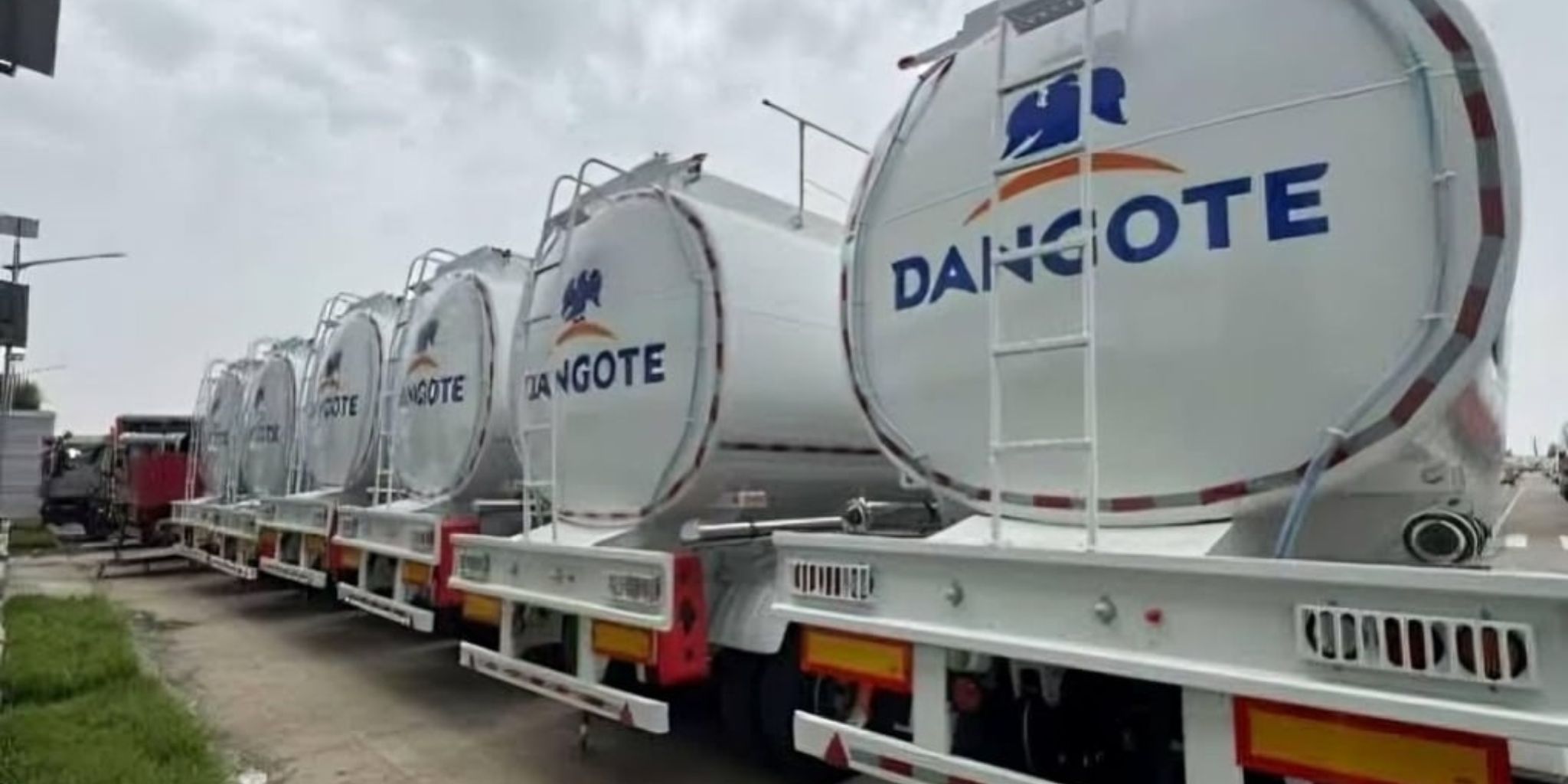Landmark Ruling As Court Nullifies Shell, AFC, Others’ ICC Arbitration In TEMPO Energy Suit
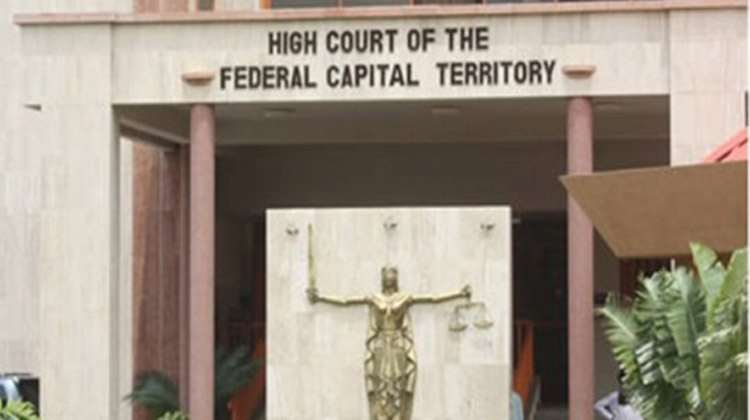
A Federal Capital Territory (FCT) High Court, in Abuja, has nullified the arbitration proceedings at the International Chamber of Commerce (ICC), London, instituted against indigenous energy giant, Aiteo Eastern E&P Company Limited, by a group of lenders that partly financed its acquisition of OML 29, declaring its conduct a violation of the injunctive orders of the court.
Aiteo acquired OML 29 and the Nembe Creek Trunk Line (NCTL), from Shell in a landmark transaction in 2014 that closed at around $3.01 billion with billionaire founder, Benedict Peters, contributing about $1 billion in personal fortune to conclude the deal and restart production.
Justice S.B. Belgore nullified the ICC proceedings on Tuesday, July 8, while ruling in an application brought before it by Tempo Energy Nigeria Ltd.
According to court documents, the claims arose from a multi-party financing arrangement dating back to 2014, under which Tempo alleged that the defendants breached their obligations under the governing facility agreements.
It claimed that several of the defendants had on December 11, 2020, initiated proceedings in the High Court of England and Wales and commenced arbitration before the ICC in London without joining it as a party.
To protect its interests, Tempo instituted a suit on January 14, 2021, seeking injunctive reliefs to restrain the defendants from taking further steps in the pending proceedings and arbitration.
Marked FCT/HC/CV/079/2021, Aiteo Eastern E&P Company Ltd, African Finance Corporation, Ecobank Nigeria Ltd, First Bank of Nigeria, Guaranty Trust Bank, Fidelity Bank, Shell Western Supply & Trading, Shell International Trading & Shipping, Citibank Europe (UK Branch), Citibank N.A. (London Branch), FBN Trustees, Zenith Trustees, FBN Merchant Bank, Sterling Bank, Union Bank, Zenith Bank, and Dame Elizabeth Gloster, were listed as Defendants.
In another application by Tempo Energy, filed through its counsel, Kehinde Ogunwumiju, SAN, the FCT High Court, on January 22, 2021, granted interim orders of injunction, restraining the defendants from taking any further steps in the English proceedings and the ICC arbitration pending the hearing of the motion on notice.
It also consolidated pending applications filed by the parties and adjourned the matter for hearing.
Dissatisfied with the High Court’s decision, the Defendants appealed to the Court of Appeal, Abuja Judicial Division.
Despite the subsistence of the interim orders of the FCT High Court, the defendants proceeded with the ICC arbitration in London between 2021 and 2024 in defiance of the subsisting injunctive orders of the court.
In its unanimous judgement delivered on April 25, 2025, the appellate court affirmed the validity and subsistence of the interim orders of January 22, 2021.
Dismissing the appeal as an abuse of process, the court awarded costs of N1.5 million against the defendants.
It also ordered an accelerated hearing of the pending applications before the High Court and reaffirmed that parties must maintain the status quo while litigation is pending, warning that steps taken in violation of subsisting court orders may be deemed void.
Following the judgement of the Court of Appeal, at the resumed hearing before the FCT High Court on 20th, 21st, and 22nd May 2025, Ogunwumiju, SAN, on behalf of Tempo Energy, applied for a restorative order to set aside the ICC arbitration proceedings conducted in London, contending that the arbitral proceedings were conducted in flagrant defiance of the subsisting injunctive orders of the court.
While opposing the application, Mrs Joke Aliyu and Mr Babatunde Fagbohunlu, SAN, who appeared for Ecobank Nigeria and other defendants, filed a preliminary objection challenging the court’s jurisdiction on the grounds that the court lacked the competence to restrain foreign arbitral proceedings.
Ruling on Tuesday, July 8, Justice Belgore dismissed the preliminary objection, declaring it incompetent and lacking in merit.
According to the court, the preliminary objection constituted an abuse of court process. Consequently, it granted Tempo Energy’s application, declaring the ICC arbitration proceedings in London, conducted in violation of the injunctive orders of the court, as null and void.
The court further reiterated that the interim orders of injunction granted on January 22, 2021, remained valid, subsisting, and binding on all parties to the suit.
It directed all parties to comply fully with the subsisting orders and to refrain from taking any further steps in defiance of the court’s orders.
The court also ordered the defendants to pay N500,000 in costs to Tempo Energy and adjourned the case to September 29, 2025, for the hearing of the consolidated interlocutory applications.
Aiteo had first sued Shell Petroleum Development Company of Nigeria a few years after acquiring the company’s 30% stake in the lucrative asset alleging fraud, deceit and misrepresentation of facts in the sale.
In a suit, FHC/ABJ/ C8/738/2021, dated July 27, 2021, before a Federal High Court in Abuja, Aiteo accused Shell of not fully disclosing the true position of the oil wells to it at the time of the sale, despite receiving the full amount required for the sale.
It asked the court to award it $2.5 billion in compensation.
According to the company, the poor condition of the asset, as well as the constant attacks on its production infrastructure by crude oil thieves made it difficult to produce and thus prevented it from fulfilling its financial responsibilities to creditors.
The consortium of lenders that committed $2 billion according to data available include Zenith – $323m, First Bank & GTB – $200m each, Fidelity Bank – $175m, AFC – $125m, Ecobank Nigeria & Union Bank – $100m each, Sterling Bank – $60m and Shell Western –$512m.
Peters’ initial equity contribution for the purchase was $898, 237, 697.35 in cash with an additional $257m injected at closing for fees and other ancillary costs as well as funds to restart production, according to bank documents.
Other small equity holders like Tempo Energy contributed $136 million.









